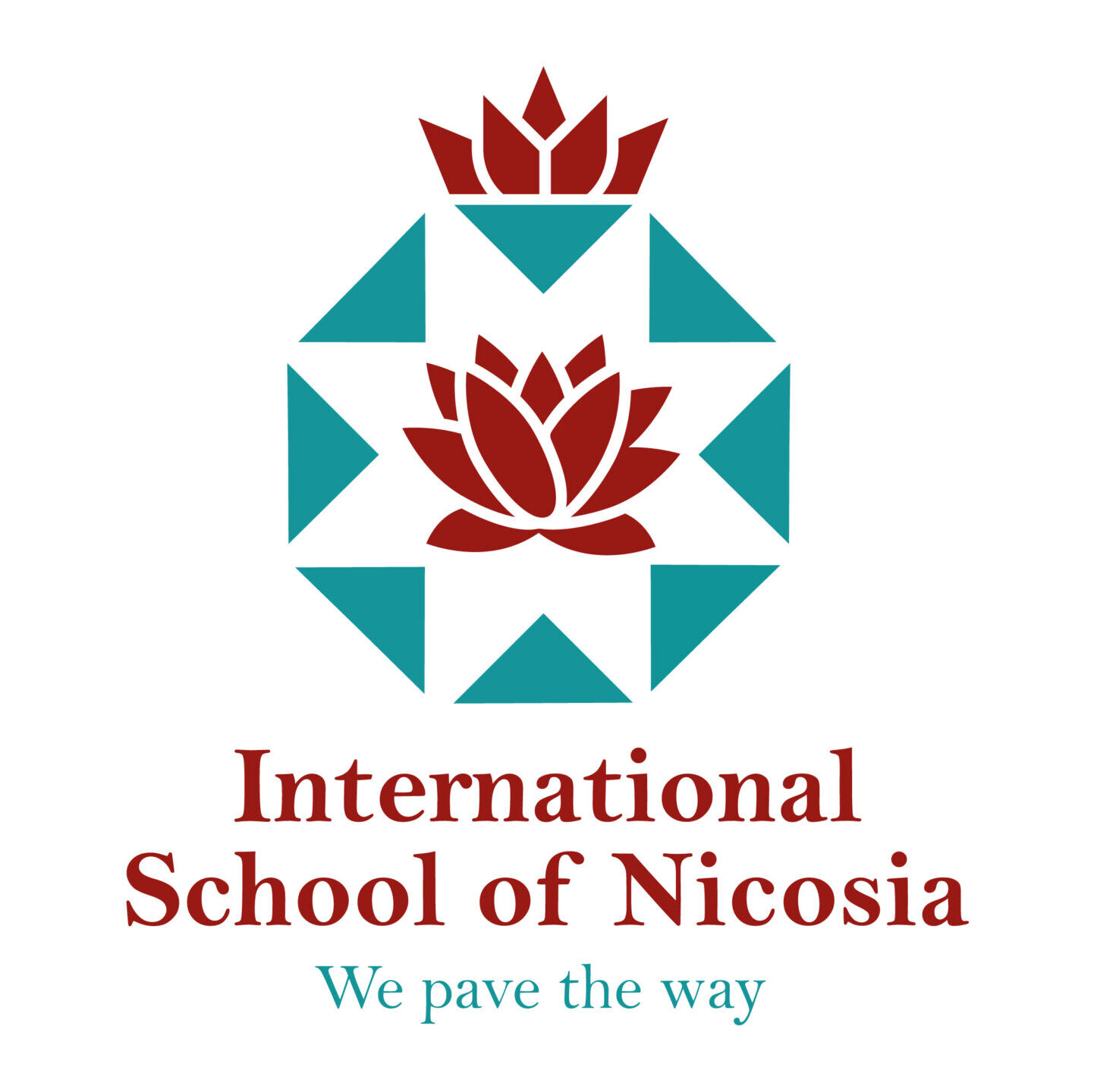*Homework club for 2.30pm to 4.00 pm
*Up to 16 languages available for all age groups, at our language center. The hours are between 4.00pm and 6.00pm daily. Languages available include English, Spanish, French, Arabic, Russian, German, Chinese and many more.
*However, children have the option of staying at school till 4.00pm or 6.00pm respectively upon arrangement with the school office.
*The above services are additional and paid separately from school fees.



